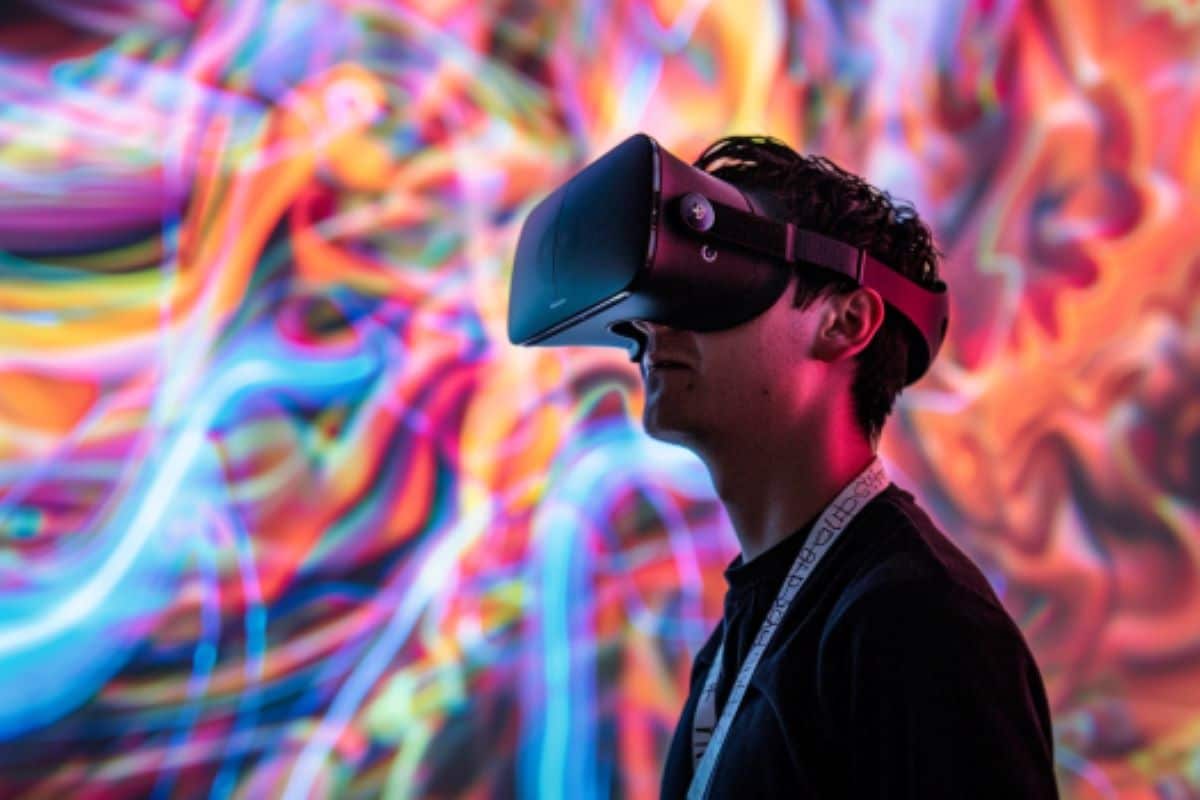Researchers induce illusions of self-location in participants using multi-sensory VR, triggering changes in brain’s grid cells
Key Findings from Study on Illusions of Self-Location in the Brain
Researchers at the Korea Institute of Science and Technology (KIST) have made a groundbreaking discovery in the field of neuroscience. By inducing illusions of self-location in participants using multi-sensory virtual reality (VR), they were able to observe changes in the brain’s grid cells, which are responsible for spatial navigation.
This study, conducted in collaboration with Prof. Olaf Blanke’s team at the Swiss Federal Institute of Technology Lausanne (EPFL), is the first to demonstrate that purely cognitive changes in self-location, without physical movement or visual cues, can trigger activity in grid cells.
The brain’s grid cells and place cells function as a global positioning system (GPS) that allows us to recognize where we are. The researchers found that GPS coordinates in the human brain respond not only to the physical location of the body but also to location information based on various cognitive activities and experiences.
Using MRI-compatible VR technology and multisensory bodily stimulation, the researchers induced illusory self-location changes in participants and observed corresponding changes in grid cell activity. This opens up possibilities for diagnosing hallucinatory symptoms and developing new therapies for patients suffering from illusory symptoms such as out-of-body experiences.
Dr. Hyuk-June Moon stated, “We have newly suggested a key research element of integrating multisensory bodily signals, which can help us further understand the brain mechanisms underlying illusions caused by various mental and neurological diseases.”
This research, supported by the Ministry of Science and ICT and the Swiss National Science Foundation, was published in the international journal PNAS. The findings have the potential to revolutionize our understanding of the brain and pave the way for innovative treatments for neurological disorders.
